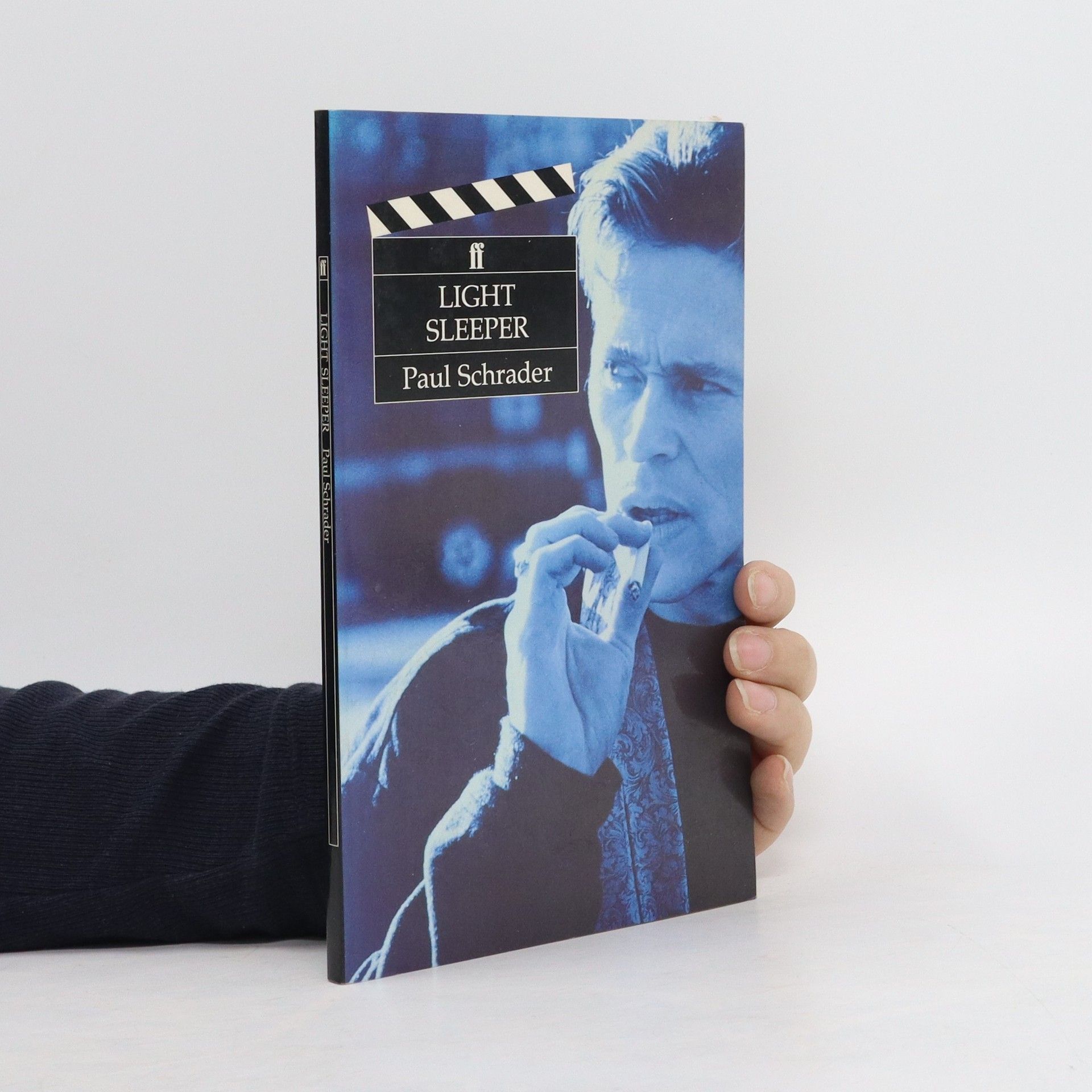Paul Schrader Bücher
Paul Schrader, ein Filmemacher, der oft mit der „Movie-Brat“-Generation in Verbindung gebracht wird, ging einen besonderen Weg. Seine Erziehung in einem strengen calvinistischen Haushalt schränkte seine Filmerfahrung zunächst ein, förderte aber nach seinem späteren Studium ein tiefes, kritisches Auseinandersetzen mit dem Medium. Schraders Regie- und Drehbucharbeiten zeichnen sich durch ein tiefes Interesse am transzendentalen Kino aus, wobei er sich von Regisseuren wie Bresson und Ozu inspirieren ließ, eine Leidenschaft, die er auch in seinen kritischen Schriften erforschte. Seine Filme sind bekannt für ihre kühnen stilistischen und thematischen Erkundungen, die oft im Rahmen Hollywoods operieren und dessen Grenzen erweitern.





First Reformed
- 120 Seiten
- 5 Lesestunden
Called “an ecstatic, arc-bright wonder and terror” by The New Yorker, this major work of art now receives a first printing, featuring a brilliant introductory essay by Masha Tupitsyn. This Academy Award-nominated screenplay is one of the greatest and most urgent in Paul Schrader’s long and decorated career. Called a “portrait of a soul in torment, all the more powerful for being so rigorously conceived and meticulously executed” in the New York Times, First Reformed follows the Rev. Ernst Toller as his crisis of faith coincides with a recognition of looming environmental catastrophe. It is an uncompromising work that seamlessly synthesizes a tribute to Bresson with a profound, existential meditation on the everexpanding devastation that humanity is spreading over the natural world. The crowning late period achievement for an undisputed legend of screenwriting, this is both a master class in concision, depth and emotional range, and a continually relevant work of activist import.
A study of loneliness, crime and retribution that makes a third panel for the triptych which began with "Taxi Driver" and "American Gigolo". John le Tour is an up-market drug-dealer who has turned 40 and is facing a turning point in his life as his boss is about to quit drug-dealing.
A loner, Travis Bickle, takes up driving a taxi in search of an escape from his sleeplessness and his disgust with the corruption he finds around him. His pent-up rage, fuelled by his doomed relationship with a political campaign worker, leads to an inevitable descent into psychosis and violence.